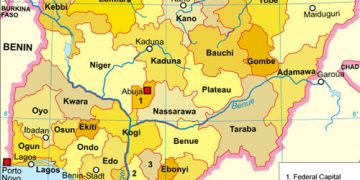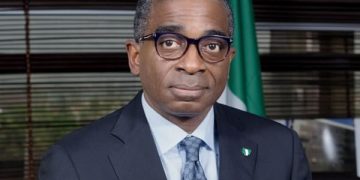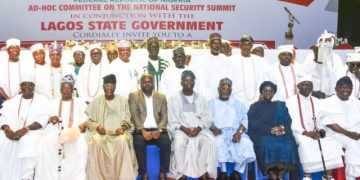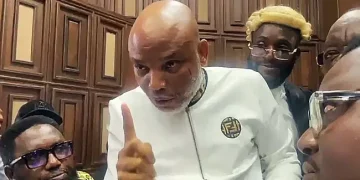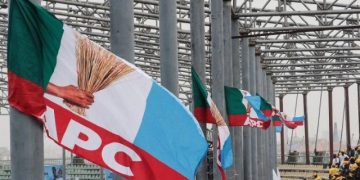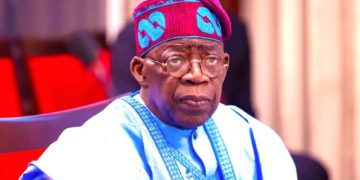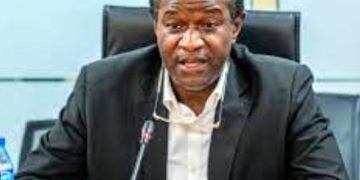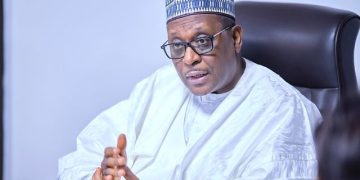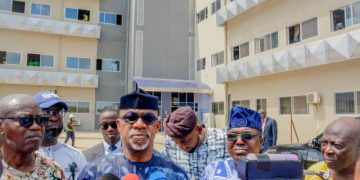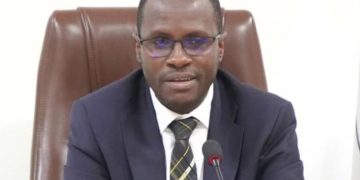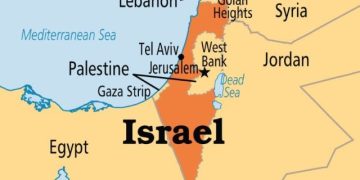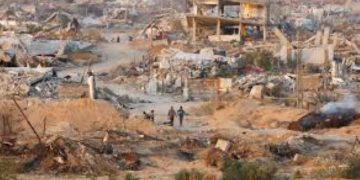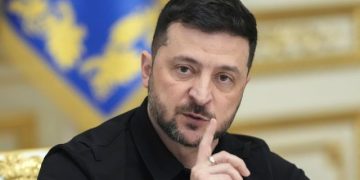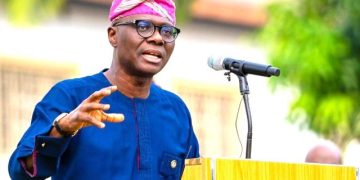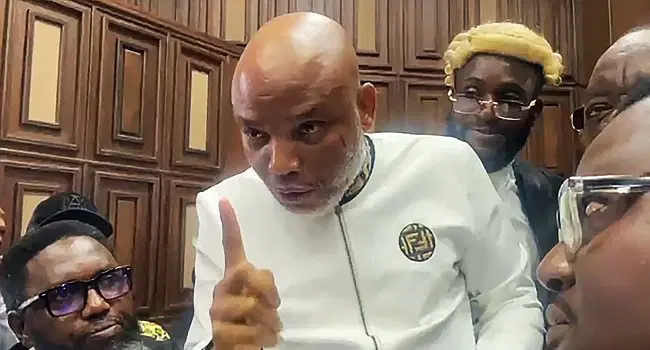WorldStage– Nigeria’s Presidency has criticised former presidential candidate Peter Obi over his reaction to the life imprisonment of the Indigenous People of Biafra (IPOB) leader, Nnamdi Kanu.
The Presidency insisted that Obi’s remarks were driven not by courage or principle, but by political convenience.
Kanu was sentenced to life imprisonment on Thursday by the Federal High Court in Abuja after Justice James Omotosho reportedly found him guilty on seven terrorism-related charges.
In a statement posted on his account on Saturday, Obi described the ruling as coming at a time when Nigerians were battling severe economic hardship, insecurity, and the consequences of weak governance.
He reiterated that he had always argued that Kanu should never have been arrested, maintaining that dialogue, constructive engagement, and inclusive governance remained the most effective path to peace.
Obi further argued that Kanu’s arrest, prolonged detention, and conviction reflect a failure of leadership and a misreading of the underlying issues.
However, the Presidency countered this narrative. President Bola Tinubu’s Special Adviser on Social Media, Olusegun Dada, accused Obi of attempting to politicise a sensitive national security matter and turning the verdict into a platform for political grandstanding and civil defence training.
According to the report, Dada challenged Obi’s moral authority on the issue, alleging that the former governor had never publicly condemned the killings, arson, kidnappings, and other violent acts linked to IPOB and its armed wing, the Eastern Security Network (ESN).
He stated that Obi consistently avoided acknowledging the violence that had terrorised communities in the Southeast for years.
Dada insisted that Obi remained silent while innocent citizens were attacked and while sit-at-home orders crippled the region’s economy.
He argued that even in Obi’s latest statement, not a single victim of the violence was acknowledged, while Kanu was portrayed as an aggrieved figure.
According to him, such selective empathy exposes hypocrisy and undermines Obi’s claim to principled leadership.
He added that insisting Kanu “should never have been arrested” without addressing the bloodshed linked to IPOB amounted to a political manoeuvre.
Dada also rejected the attempt to link the matter to Nigeria’s economic situation, calling it a diversionary tactic meant to shift focus away from the group’s violent actions.
He emphasized that true dialogue requires accountability and remorse, not political sanitisation of actions that left communities in distress.
Dada concluded that Obi’s intervention does not promote unity or healing, but instead reflects “the convenience of speaking only when it benefits him,” noting that Nigerians deserve leaders who confront violence honestly and consistently.


